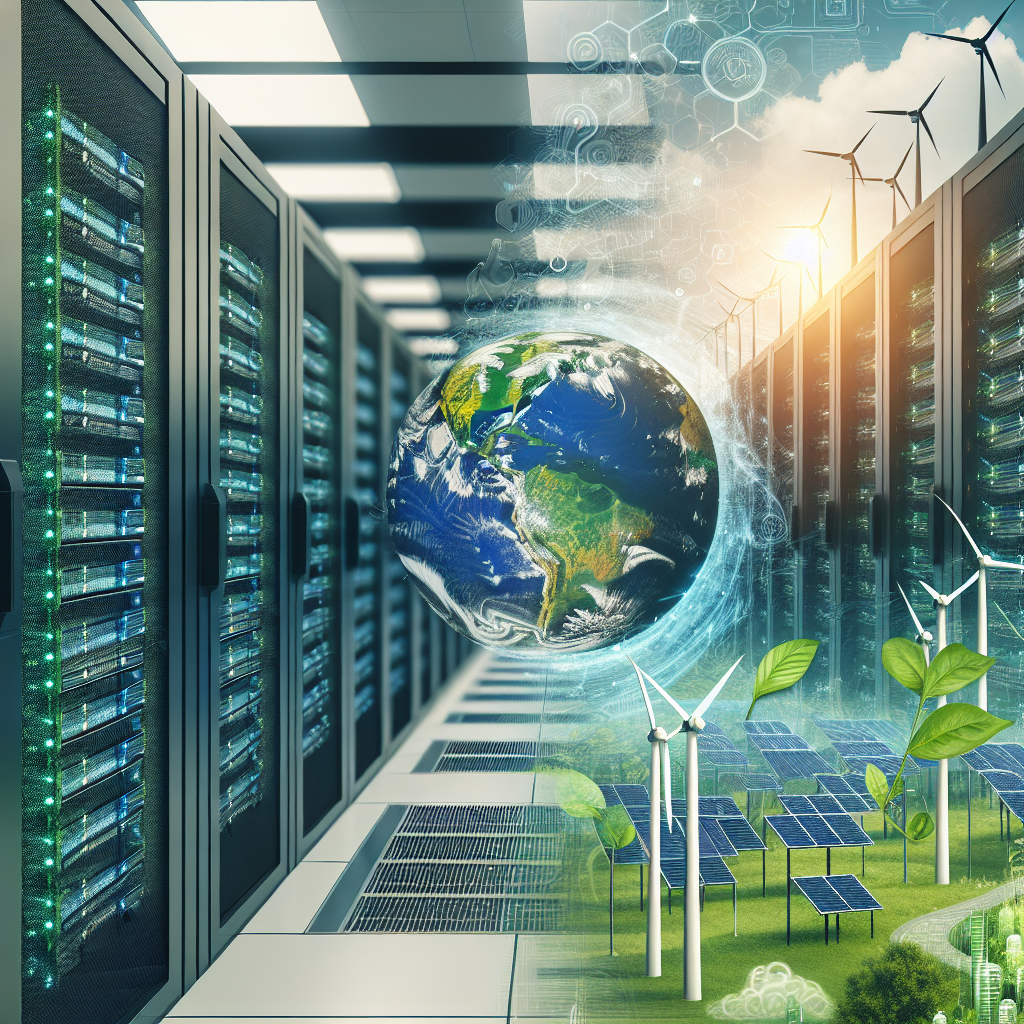As technology continues to advance and data usage continues to grow, the demand for data centers has increased exponentially. With this growth comes the need for effective cooling systems to ensure the proper functioning of these centers. However, the energy consumption required to cool these facilities can have a significant impact on the environment. As a result, data center cooling has become a critical component of sustainability efforts in the tech industry.
Data centers are known for consuming vast amounts of energy, with cooling systems often accounting for a significant portion of this energy usage. In fact, it is estimated that data centers can consume up to 40% of their total energy consumption on cooling alone. This high energy usage not only contributes to rising electricity costs but also has a detrimental impact on the environment, as the majority of this energy is generated from fossil fuels.
To address these issues, data centers are increasingly turning to more sustainable cooling solutions. One such solution is the use of energy-efficient cooling systems, such as air-side economizers, which use outside air to cool the facility when ambient temperatures are low. This reduces the need for traditional mechanical cooling systems, which consume more energy.
Another popular cooling solution is the use of liquid cooling systems, which are more energy-efficient than traditional air-cooling systems. Liquid cooling systems use water or other coolants to remove heat from servers, reducing the energy required for cooling. Additionally, some data centers are exploring the use of renewable energy sources, such as solar or wind power, to power their cooling systems, further reducing their environmental impact.
In addition to implementing energy-efficient cooling systems, data centers are also focusing on improving their overall energy efficiency. This includes optimizing server and storage equipment to reduce heat generation, as well as implementing advanced cooling management systems to ensure efficient operation. By taking these steps, data centers can significantly reduce their energy consumption and carbon footprint.
Overall, the role of data center cooling in sustainability efforts is crucial in the tech industry’s drive towards a more environmentally friendly future. By implementing energy-efficient cooling systems and improving overall energy efficiency, data centers can reduce their environmental impact while also saving on energy costs. As the demand for data centers continues to grow, it is essential that these facilities prioritize sustainability in their cooling practices to minimize their environmental footprint.


Leave a Reply